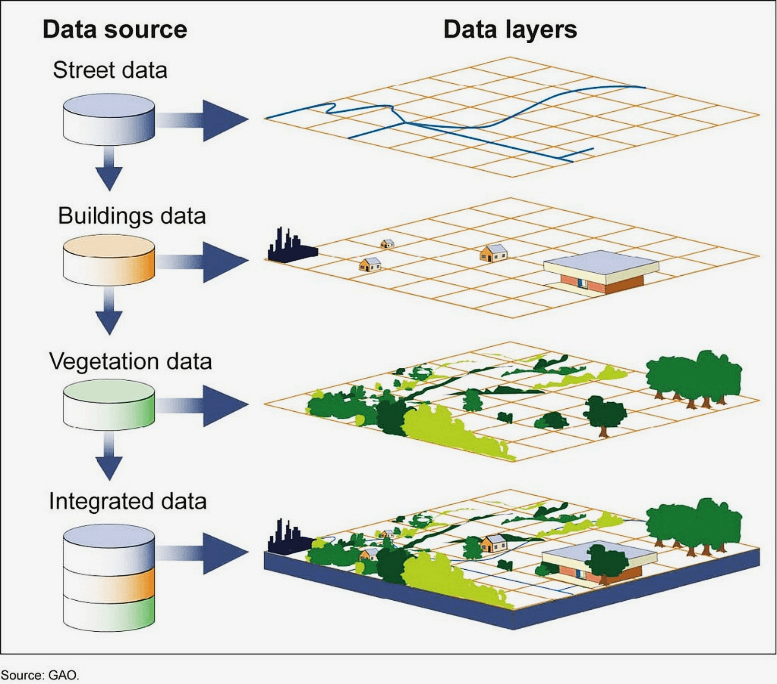
Emergency and Continuity Management (ECM) is a division of Shared Health Emergency Response Services (ERS). ECM provides health emergency management leadership and support in partnership with Manitoba’s Regional Health Authorities (RHAs) and Manitoba Health to ensure the safety of patients, residents, clients and staff and the continuity of health services during emergencies.
Building a resilient health care system involves a constant process of emergency management activities which are centered around four pillars:
- Prevention/Mitigation – work to prevent emergencies from happening and reducing the impacts when an emergency does occur.
- Preparedness – ensuring applicable services and sites have an effective response plan and resources in place, as well as training and exercising to enhance response readiness.
- Response – coordinate activities when an emergency takes place.
- Recovery – actions to return to as close of a pre-emergency state as possible and possibly build back better.
ECM offers the following services/support:
- Hazard/Risk assessment and mitigation.
- Emergency response plan development and maintenance.
- Emergency management education and exercising.
- Provincial coordination and operations support for the activation of provincial health system emergency response structures.
- Facilitation of operational debriefings and after-action reporting on future process improvements.
Our Team

Jeff Martin
Provincial Director, Emergency & Continuity Management
204-612-9378
jrmartin@sharedhealthmb.ca

Terry Skipper
Provincial Manager, Emergency Response & Recovery
204-791-4936
tskipper@sharedhealthmb.ca

Leigh-ann Patrick
Emergency Management
Information Officer
431-334-8670
lpatrick@sharedhealthmb.ca

Marc Sheridan
Provincial Manager, Emergency Preparedness
204-801-2585
msheridan@sharedhealthmb.ca

Adam Loubert
Emergency Management Educator
431-334-3003
aloubert@sharedhealthmb.ca
Emergency Management Resources and Information
Planning and Preparedness
Emergency Response Plans
- Pandemic
- Severe Weather Plans
Business Continuity Planning (BCP)
Standardized Emergency Codes Guidelines
Geographic Information System (GIS)

A Geographic Information System (commonly referred to as GIS) is a system for input, storage, analysis and interpretation of geographic/spatial/location data. This data can be associated with a location (longitude, latitude) on the globe and thus can be mapped. For example, hospitals, health authority regional boundaries, roadways, cases of disease and country boundaries are all types of spatial data.
By connecting location data (where things are) and descriptive data (what things are like there) to a map, both can be viewed together when a location is selected on a digital GIS map. GIS helps to understand how the world differs from place to place, to find connections between people, to determine where and when to intervene, and to recognize what, where and why a phenomenon occurs. GIS supports the provincial healthcare system with operational planning and identifying areas or facilities in need of assistance during emergencies.
- GIS Overview for Long Term Care/Personal Care Homes
- Request for Change of ArcGIS License Form
- Reference Guide
- Current GIS user log-in page
For support with GIS, please contact SharedHealthGIS@sharedhealthmb.ca
Education & Awareness
For more information on ECM’s role in helping Shared Health plan for emergencies, please visit our Be Prepared, Know Your Risks page.
Additional education and awareness information can be found on our Emergency Preparedness Week page.
